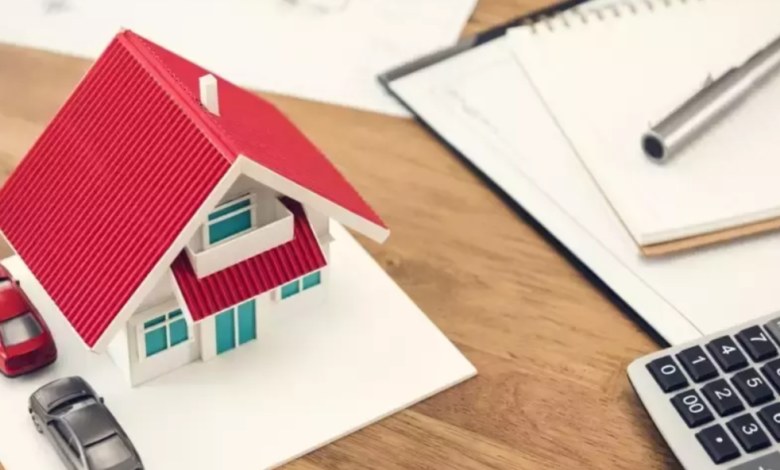
An SBI home loan is the most common means to finance the purchase of a new home. While applying for the best house loan based on your income, there are a few things to keep in mind. Your income, as well as any previous debt, decide the size of your home loan. Your monthly income determines the amount you are eligible for when applying for an SBI home loan. Customers of SBI can borrow up to 85% of the value of their home. You must first establish your affordability and ensure that you meet the SBI’s eligibility conditions in order to get the most money out of a loan. Your home loan EMI is calculated by SBI bank based on your salary. The interest rate on an SBI home loan may be influenced by your monthly wages. The EMI amounts on a house loan application are calculated using SBI’s home loan EMI calculator.
SBI Home Loan EMI Calculator
To calculate your EMI for an SBI house loan, the bank uses an SBI home loan calculator, which requires the loan amount, loan tenure, and interest rate that SBI is most likely to charge on your application. The SBI home loan calculator uses a mathematical formula to determine your EMI based on your salary. The following is the mathematical formula:
EMI = [P x R x (1+R)^N]/[(1+R)^N-1]
Where,
EMI = Equated Monthly Installment ,
P = Principal amount,
R = Monthly interest rate (Annual Interest Rate divided / 12 to get monthly interest rate), and
N = The number of monthly installments or the duration of the loan in months.
The above formula is used by SBI to calculate your EMI on the principal you have requested from the bank. Your wage is important when calculating the EMI since it reflects your repayment capabilities; if your EMI is higher than your paycheck, the bank will not approve the loan amount you’ve asked because it feels you’ll default on the loan’s monthly installments.
Factors affecting your SBI Home Loan EMI
Your SBI home loan repayment amounts are influenced by a number of things. The following are a few of them:
Rates of Interest
The interest rate that SBI gives on your home loan application has a significant impact on the amount of your EMI. Higher interest rates equate to higher EMIs, while lower interest rates equate to lower EMIs. The repayment of your principal loan amount as well as your interest amount is referred to as an EMI. As a result, if you want to reduce your EMI payments, you should aim to acquire a lower interest rate on your home loan application.
Loan Amounts
Your EMI amounts are influenced by the loan amount you request from the bank. If you want to borrow a significant sum of money, you’ll have to pay a large amount of money back. Similarly, if you borrow a smaller amount, your EMI will be smaller as well.
Down Payment Amounts
Applying for an SBI home loan with a significant down payment would result in lower EMI amounts. A large down payment will allow you to borrow less money from your lender, resulting in a lower overall repayment amount. Smaller EMIs would come from a lower overall payback amount.
Term of the Loan
When compared to a home loan with a shorter loan period, a home loan with a longer loan tenure will have lesser EMIs. If you want lower EMIs, it’s best to choose a longer loan term when applying for a house loan.
Changing Your Financial Institution
The final alternative for cheaper EMIs is to switch lenders who provide lower EMI amounts than your current lender. Before transferring your house loan, make sure you are completely pleased with all of the new lender’s terms and conditions.





